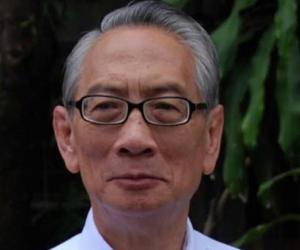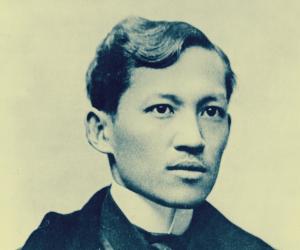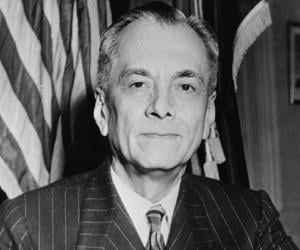Jose Rizal was a Filipino polymath and nationalist. An ophthalmologist by profession, Rizal turned towards writing and inspired the Philippine Revolution through his writings. The revolution eventually led to Philippine independence and Rizal became a national hero. His life has inspired several biographical films and TV series.
Filipino statesman Manuel L. Quezon, or MLQ, was the president of the Commonwealth of the Philippines from 1935 to 1944, thus becoming the first Filipino to lead a government of the whole of the Philippines. He formed a government-in-exile in the U.S. after the Japanese invasion during World War II.

The 1st prime minister of the Philippines, Apolinario Mabini led the Philippine Revolution and helped in drafting the Malolos Constitution. Born into a family of illiterate peasants, he became a lawyer, before joining the forces of revolutionary Emilio Aguinaldo. He spent most of his later years in exile, targeted by the US.
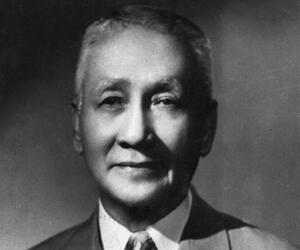
The 4th president of the Philippines, Sergio Osmeña had also been the country’s 1st vice-president. Initially a military commander of the Philippine army, he had been part of World War II. He had begun his political career as the governor of Cebu. He also founded the Nationalist Party.
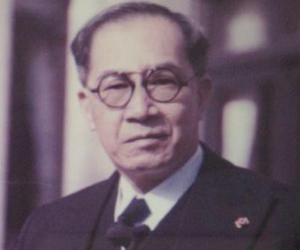
The 3rd president of the Philippines, José P. Laurel had also led the country as its Commissioner of Justice and Minister of the Interior. His rule as a president, though, was largely nominal, as the Philippines was occupied by Japan back then. Charged with treason multiple times, he managed to escape trials.

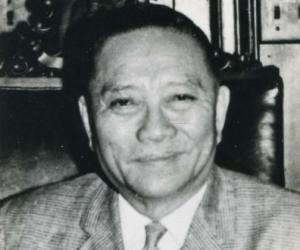
The 3rd and 7th vice-president of the Philippines, Fernando López had also chaired the Filipino media conglomerate ABS-CBN Corporation. Though educated in law, he didn’t practice and stepped into politics instead, as the mayor of Iloilo. He also co-founded universities and co-owned several big companies.
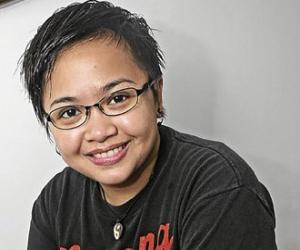
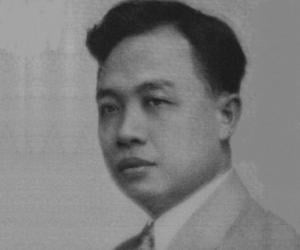
Former Philippine senator and Senate Minority Leader Claro Mayo Recto is remembered as a nationalist. He was a major figure of the Filipino-first movement and was against American neo-colonialism. A jurist, he had also been the Associate Justice of the Supreme Court of the Philippines.
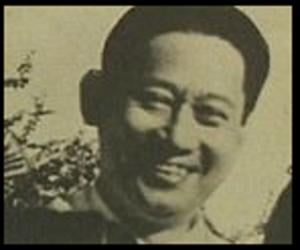
Filipino politician Benigno Aquino, Sr., or Igno, led the fascist KALIBAPI party, which was the only Filipino political party during the Japanese occupation. He had held several significant political positions, including that of the vice-president of the Philippines. He was also the 6th Speaker of the House of Representatives of the Philippines.

Isabelo de los Reyes, also known as Don Belong, was a prominent Filipino politician and activist who co-founded the independent Philippine church Iglesia Filipina Independiente. A labor leader and author, too, he served as the senator of the Philippines. He also wrote extensively on folklore, religion, and history.
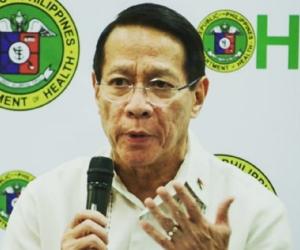
Francisco Duque is a Filipino government official and physician. He is best known for his service as Secretary of Health on two occasions; from 2005 to 2009 and again from 2017 to 2022. Prior to his political career, Francisco Duque was associated with the University of Pangasinan, where he served as the director from 1989 to 1999.


Donald Geisler is a Filipino former taekwondo athlete best known for representing the Philippines at the 2000 and 2004 Olympic Games. He came into prominence in 1998, when he won a silver medal at the Asian Games in Bangkok. Donald Geisler also won a silver medal and a bronze medal at the 2000 and 2002 Asian Championships respectively.
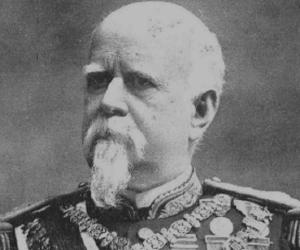
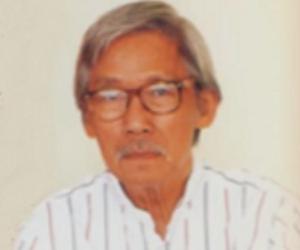
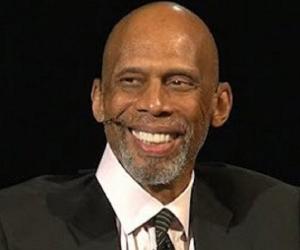
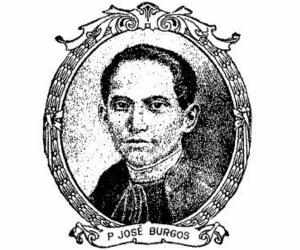
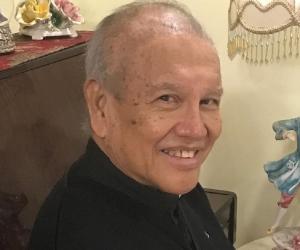
Gilbert Luis R. Centina III was a Filipino-American Roman Catholic poet who won critical appreciation for his poetry books, novels, and a book of literary criticism. Apart from English, Centina also wrote in two Philippine languages and in Spanish. Over the course of his career, Gilbert Luis R. Centina III won several prestigious awards, including the Catholic Authors Award.
